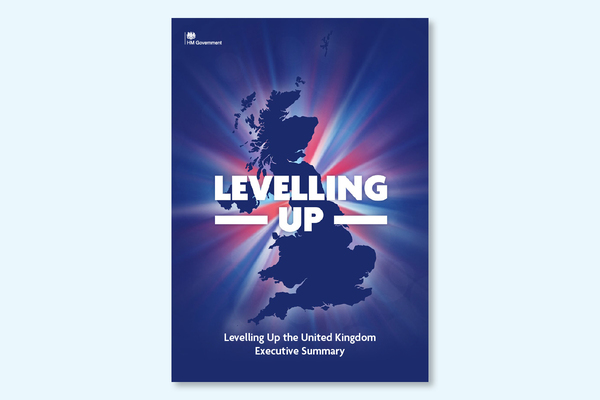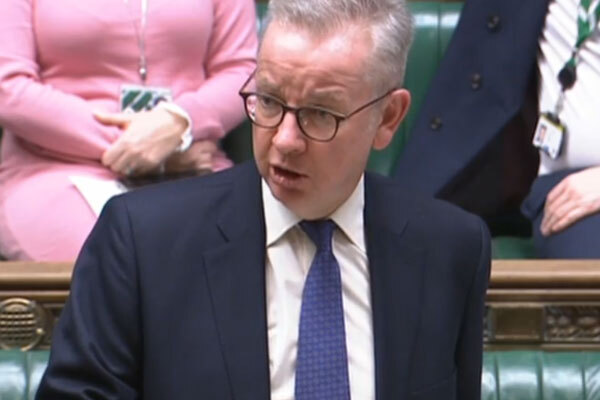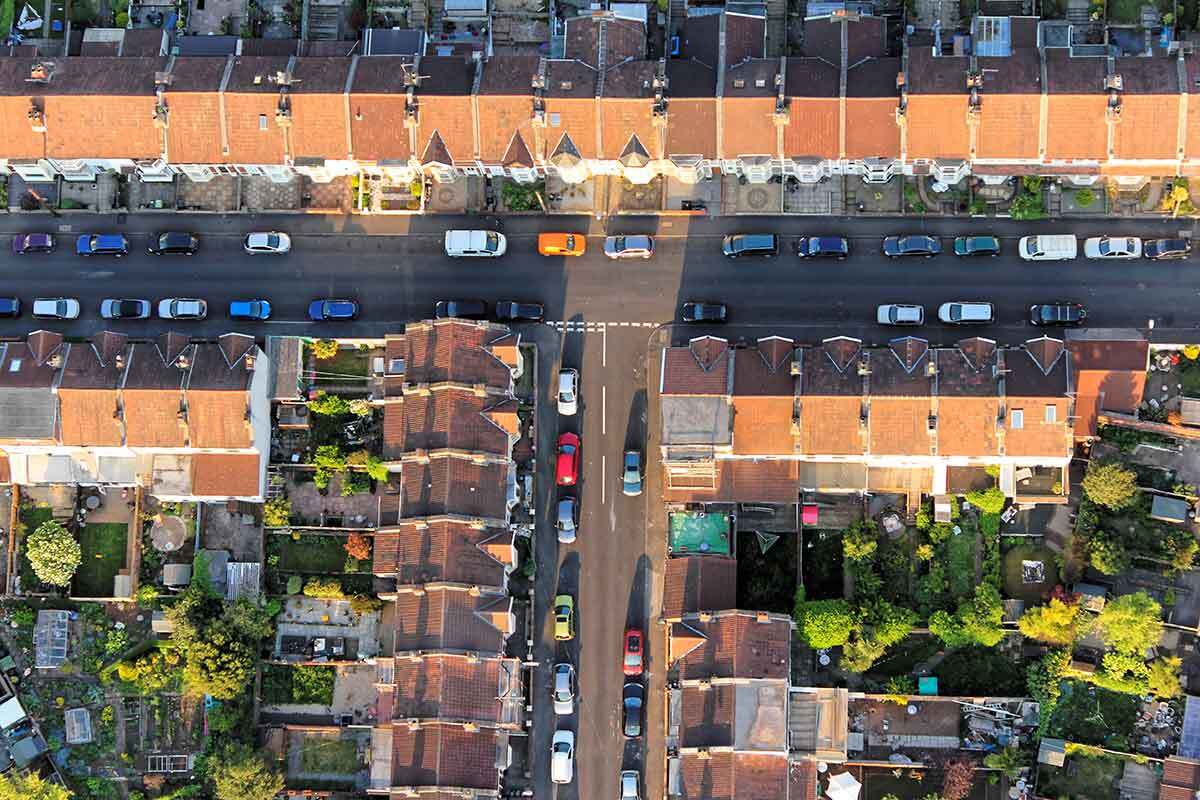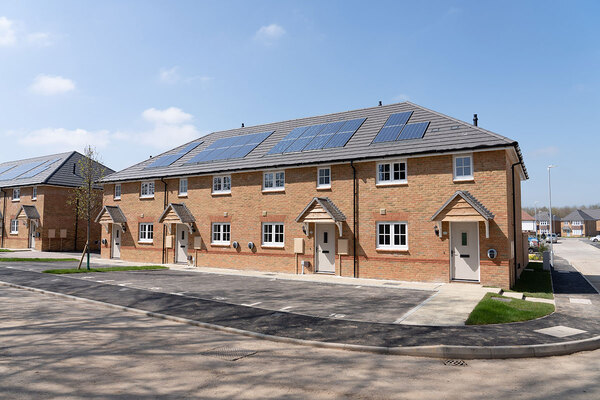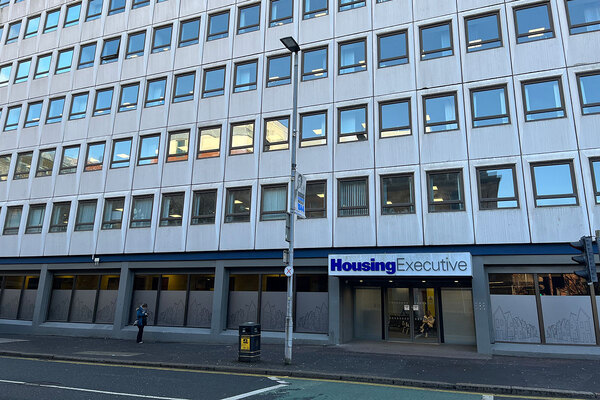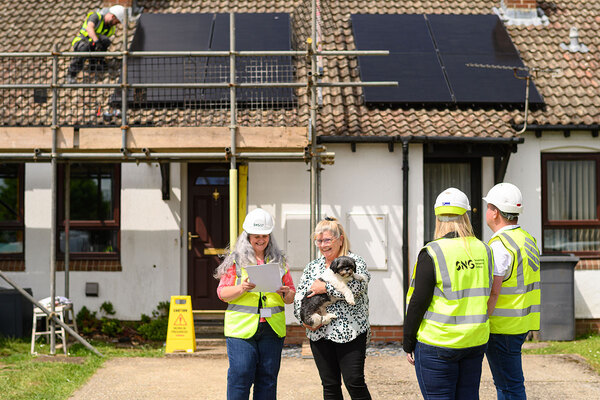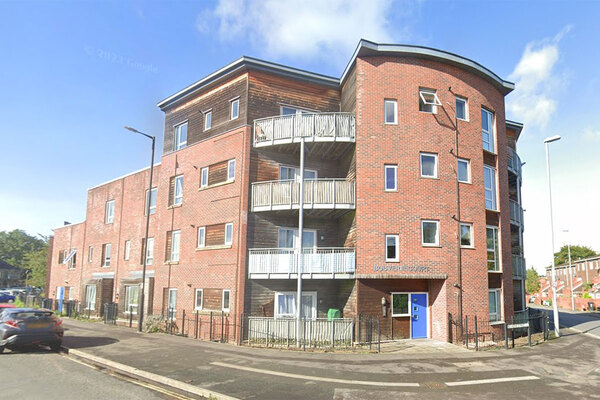You are viewing 1 of your 1 free articles
 Olivia Harris
Olivia HarrisOlivia was appointed as Chief Executive in April 2017. Previously, Olivia was Finance Director at Dolphin Living, providing financial ...more
The government shouldn’t treat London as ‘job done’ when it comes to levelling up
Don’t let the focus on regional levelling up obscure the fact that we’ve already invested heavily in London and the South East; now is the time to leverage prior investment in transport infrastructure in the capital and deliver more homes, argues Olivia Harris
The publication of the government’s long-awaited Levelling Up White Paper has marked not only the attempted policy reset of Boris Johnson’s premiership. It has also enabled Michael Gove to set out a clear direction for his department, thus outlining a fundamental shift away from many of the ideas of his predecessor.
As we now start to analyse the implications of the white paper, from both a regional and housing perspective, it is becoming clear that there is a fundamental paradox in the approach that the government is taking to deliver its agenda. While the need to rebalance growth and opportunity more evenly across the United Kingdom is clear, the means of doing so via investment in transport infrastructure is worthy of further scrutiny.
This is written in the context of the already significant investment that has taken place in delivering mass-transport capacity upgrades in the most densely populated part of the UK – London and the South East – and the fact that much of the associated and much-needed housing growth is still to be delivered.
Yet, under the reallocation of housing delivery support from the government, many of those homes are unlikely to be delivered due to issues relating to viability. And even if they are, the proportion of affordable housing is likely to be much reduced.
The transfer of affordable housing subsidy away from London leaves unfulfilled the potential that the transport infrastructure could deliver for those who can’t afford to buy or rent at market prices.
This leads to the next significant flaw in the white paper. The proposal to level up the regions neglects the opportunity to also level up across London. London is a city region of nearly nine million people, within which exists economic and opportunity disparity as great as any between UK regions, and one which contains areas of deprivation as great as any within Western Europe. This deprivation exists despite the relative overall wealth of London compared with the rest of the UK.
Of course, this is not to suggest that resources should not be redirected to other parts of the country, far from it. It is merely to suggest that having invested billions of pounds in schemes such as Crossrail, the government should ensure maximum value for UK Plc by facilitating the envisaged housing growth that scheme, and others, was meant to unlock.
This provides not only a maximisation of financial return, but also has significant environmental benefits in terms of reduced land take and carbon release that other new transport schemes would require. A prime example is the area around Old Oak, which has the potential to accommodate thousands of new homes, including many socially rented ones. Yet this barely receives any attention as part of the levelling-up agenda.
Another point perhaps not fully understood, or explored in any detail, is that London and other high-value areas will still require a significant number of those workers on modest incomes who ‘work to keep the city alive’, even after a redistribution of highly skilled opportunities across the UK. In London and much of the South East, there is the great risk that these workers are being abandoned in terms of housing need. This has the potential to seriously undermine the success of the UK’s economic engine.
As ever, the solutions to levelling up are complex, and likely to result in the need for significant investment countrywide. However, there is also the opportunity to allow areas to level themselves up through greater devolution, an ability to retain more of the economic growth they generate locally, and more targeted and wisely spent investment reflecting local need, including bespoke housing policies.
Levelling up doesn’t have to become the case of one region against another, but merely the granting of the ability for a region, or city for that matter, to level itself up, thereby helping to achieve the core objectives of spreading opportunity and creating genuinely better places and homes.
So while focusing on the priorities of improved infrastructure, 5G and education, as set out in the white paper, the government should not forget the important role affordable housing plays in levelling up. Rather than treating London as ‘job done’, it should finish what it started: deliver affordable housing that is supported by the new transport infrastructure and ensure that levelling up benefits those most in need – wherever they live in the UK.
Olivia Harris, chief executive, Dolphin Living
Sign up for our development and finance newsletter
Already have an account? Click here to manage your newsletters

